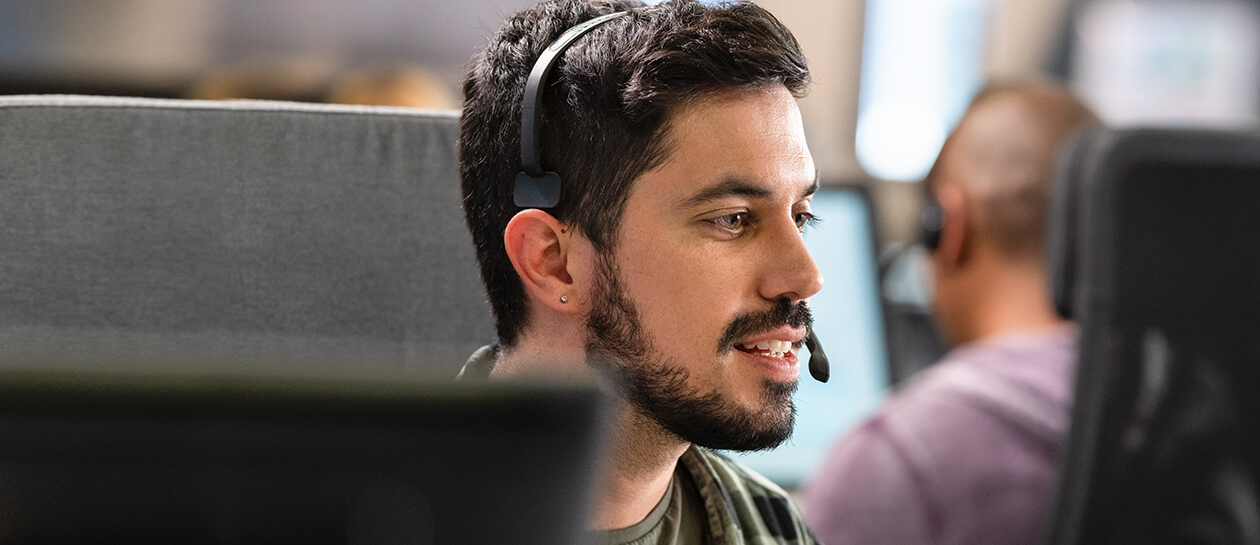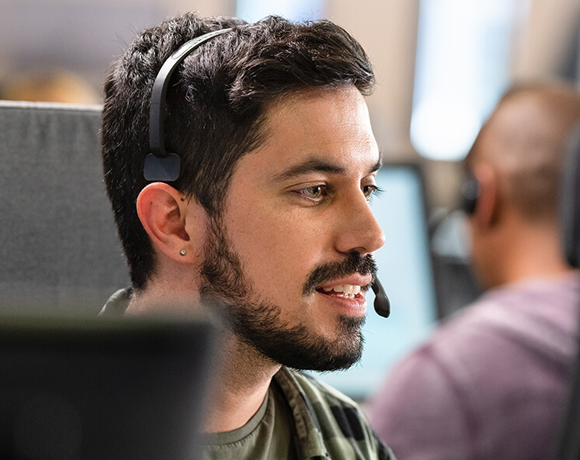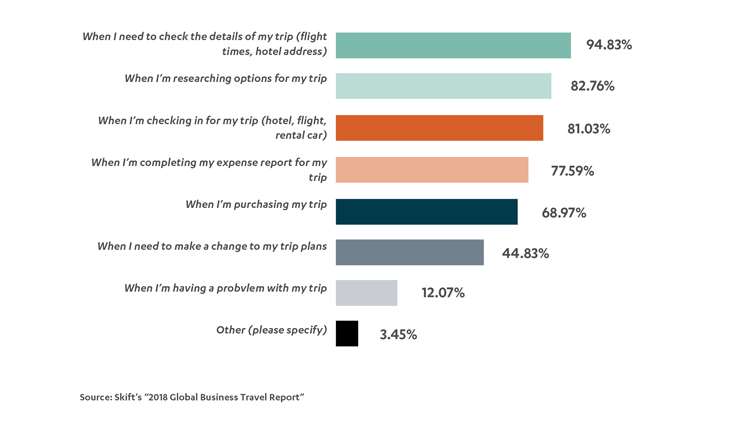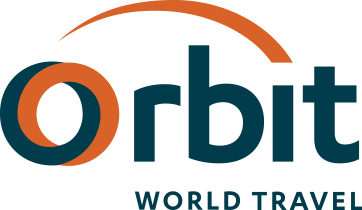Blog post
An omnichannel approach to travel management
07/03/2019
Marketing


The complexities of business travel are not always immediately obvious. Technology influences almost every aspect of our lives; we are making plans and purchases digitally, automation is applied almost every step of the way and artificial intelligence can seemingly make decisions for us. So why is business travel still so complex? Surely, it’s as simple as booking A to B and making sure you turn up on time? And with all the travel technology available, why on earth would we need an actual consultant on hand? In this blog we examine why technology and people are an important mix to get right in travel management.
The tip of the iceberg …
The benefits of using a travel management company (TMC) for business are well documented including the quantifiable cost savings, navigating and negotiating with suppliers, expense management, compliance and travel policies. However, managing business travel is like looking at the tip of an iceberg. Yes, making a booking may seem straightforward but there is a lot that the arranger or traveller can’t see, and many things that can happen pre, during and post trip that can make travelling an unpleasant or inconvenient experience. Add in that businesses have a vested interest in their greatest assets travelling optimally and their travel programmes actively contribute to recruitment and retention - travel management then becomes a critical aspect of operating a business effectively.
Business travel changes … a LOT!
Up to 30% of business travel bookings change, either through amendments or general disruption, which creates an additional layer of complexity. Business travel often involves multiple components so it’s not just a flight or some accommodation. International business trips which have different geographies in the booking, time zones and requirements along with several travel components means that one change can disrupt a whole stream of arrangements. Changing all of these can be time consuming and expensive. Travel technology, like the next generation of Orbit Online, is fast developing to address these points of failure and help manage disruption - but the experience and accessibility of your TMC is an essential component to effective travel management overall as well as the traveller’s experience.
What do business travellers want?
Recent research actively points to today’s business travellers desire to retain human interaction as a key support when travelling. In fact, according to a recent Skift report*, when dealing with some issues there is an outright preference for human to human contact. For example, when it comes to making changes at least half surveyed indicated they don’t feel comfortable with an automated service, and if there were problems then this number drops to 12% of travellers preferring not to use technology to resolve the issue. On the flipside, when it comes to travellers self-serving information about their travel, for example itinerary details, the research shows that over 90% are comfortable using automated services.
In which of the following situations would you be comfortable using an automated service?

Orbit recognises that technology simply cannot address every issue that can arise and, in certain circumstances, human intervention will result in a far quicker or better outcome and experience for both the traveller and the business they are travelling for. A good example of how we demonstrate this is with our Afterhours Service which operates out of London but is staffed with Orbit’s New Zealand consultants. We know that when things need to change, most travellers will want to talk to someone and get any issues resolved quickly and efficiently. By not outsourcing this critical support function, we can make sure we address and resolve any issues on the spot for our clients.
Getting the mix right
Orbit World Travel believes in an omni-channel approach to providing travel management solutions which is about blending the experience and expertise of our people with the most innovative technology available. It also means a clear understanding about where technology plays a role and, conversely, where human interaction will result in a better outcome. This enables us to be a safe pair of hands, removing the risk and stress for business travellers while delivering quantifiable value and savings for the businesses they work for.
*Skift/TripActions: 10 Business Travel trends for 2019
